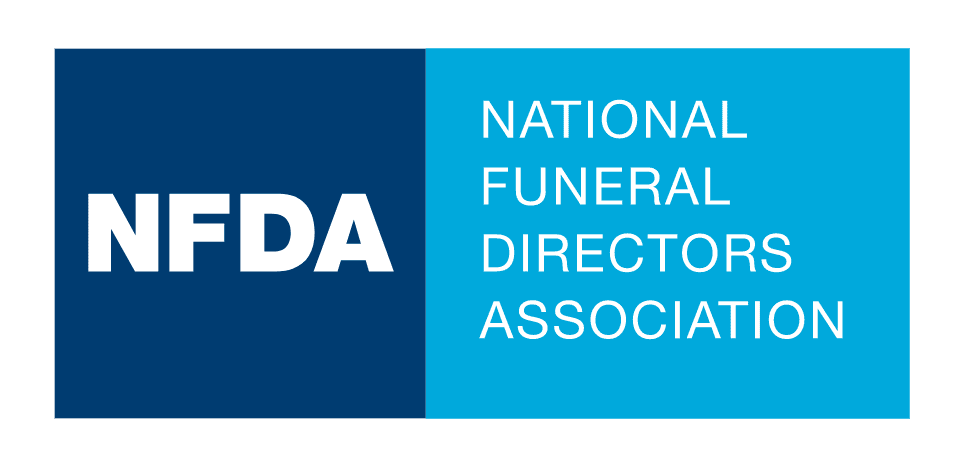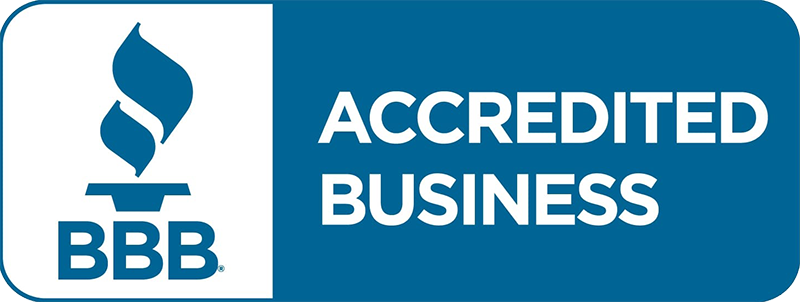Securing your Digital Legacy
Securing your Digital Legacy

Most people understand the need to protect their physical assets and property when they die, and take the necessary steps to write a last will and testament and appoint a trustee or executor to manage their estate according to their final wishes. Of equal importance in these modern times is the growing need to secure one’s digital estate in the same manner. Your digital assets, which include personal websites, email accounts, social media profiles, etc., don’t just disappear after death. If you don’t want the “online” you to live on forever, you should create a plan to secure your digital legacy.
A digital legacy plan
Protecting your digital estate is not as simple as passing on a list of usernames and passwords to a trusted friend or family member. The first part of creating a digital legacy plan involves detailing all the electronic accounts and apps you use, and then documenting how you want each one to be handled. These digital accounts could include:
- Email accounts
- Social media profiles (Facebook, Instagram, LinkedIn, Twitter)
- Communication apps (Skype, WhatsApp, FaceTime)
- Financial service sites (banking, trading, retirement/savings)
- Shopping sites (Amazon, Ebay, brand stores)
- Entertainment accounts (Netflix, Hulu, Cable TV)
The list can go on and on depending on how extensive your digital life is. Once you have a plan, select a “digital executor” who will be responsible for managing, protecting, distributing, and preserving your online assets. Consider some of the questions that will arise:
- What should happen to your personal email accounts?
- Do you want to memorialize or deactivate your Facebook and/or other social media profiles?
- Who gets final access to your pictures/images stored on photo sharing sites?
- What happens to your personal information in medical accounts or health apps?
- How will you distribute any rewards/points on frequent flier or travel accounts?
Choosing a digital executor
Selecting the right person as executor of your digital domain can be a difficult task. The digital executor needs to be technically savvy, as well as sensitive to the security needs of your electronic estate and the confidential nature of the task. Not everyone will fit this description, so choose carefully.
The digital executor also needs to be aware of state laws governing access to a person’s digital assets. The
“Revised Fiduciary Access to Digital Assets Act”, completed by the Uniform Law Commission and currently enacted in 35 states, allows fiduciaries or executors to manage digital property like computer files, web domains, and virtual currency, but restricts access to electronic communications such as email, text messages, and social media accounts unless the original user consented in a will, trust, power of attorney, or other record. If you already have a will, you can add on your digital legacy plan to ensure you are in accordance with the law and that your executor adheres to all state requirements.
Securing your digital legacy is just as important as having a plan to protect your physical assets and estate when you die, so take the time to include your digital estate in your end of life decision-making process. It will give you and your family much-needed peace of mind when the time comes.

A Year of Grief Support
Sign up for one year of weekly grief messages designed to provide strength and comfort during this challenging time.
Please wait
Verifying your email address
Please wait
Unsubscribing your email address
You have been unsubscribed
You will no longer receive messages from our email mailing list.
You have been subscribed
Your email address has successfully been added to our mailing list.
Something went wrong
There was an error verifying your email address. Please try again later, or re-subscribe.
A Year of Grief Support
Sign up for one year of weekly grief messages designed to provide strength and comfort during this challenging time.
Please wait
Verifying your email address
Please wait
Unsubscribing your email address
You have been unsubscribed
You will no longer receive messages from our email mailing list.
You have been subscribed
Your email address has successfully been added to our mailing list.
Something went wrong
There was an error verifying your email address. Please try again later, or re-subscribe.
You May Unsubscribe at Anytime










